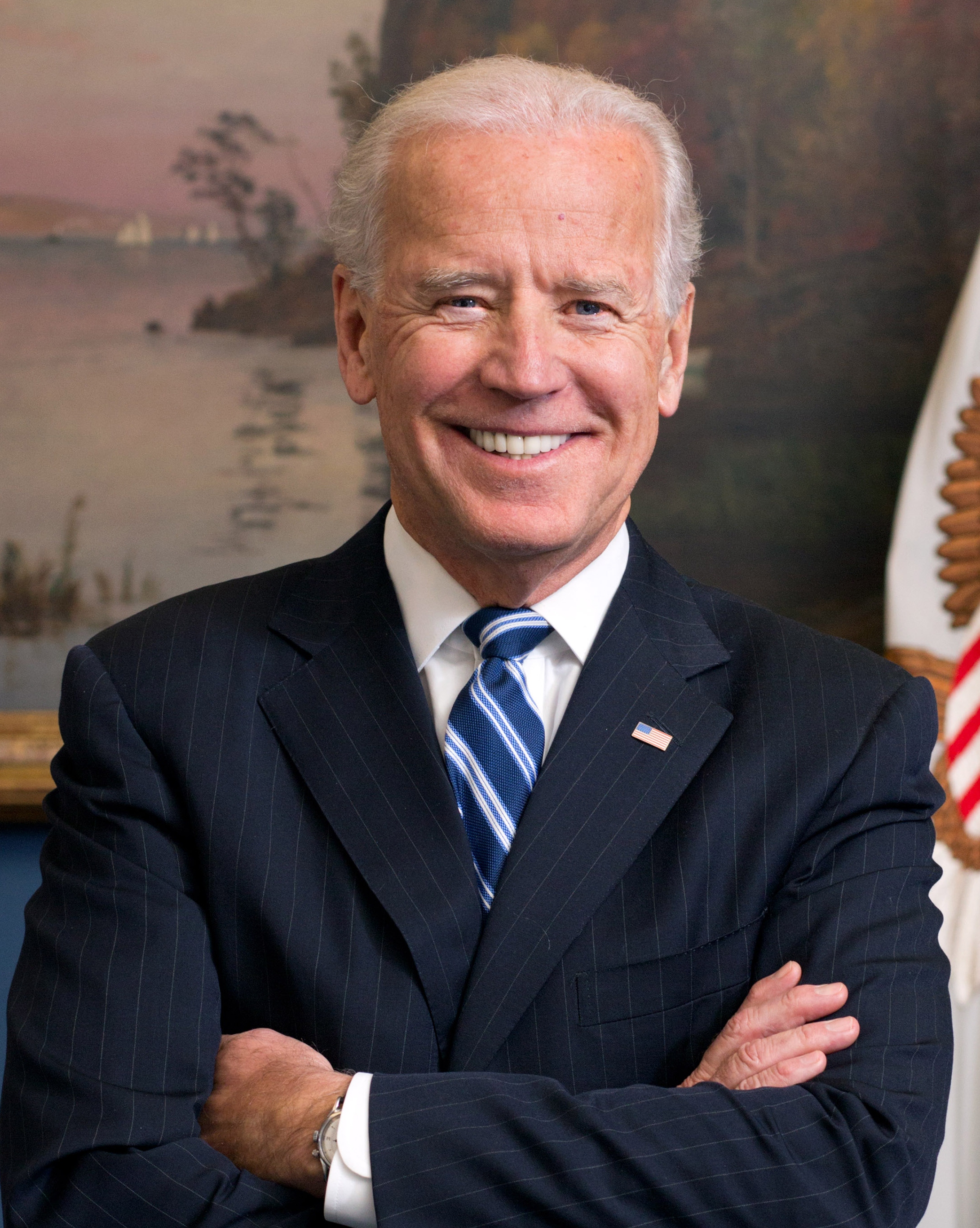
Takeaways from Super Tuesday
by Nicholas Riccardi, The Associated Press

It's now a two-horse race between establishment moderate Joe Biden and progressive Bernie Sanders

Joe Biden won big on Super Tuesday. (Official White House Photo by David Lienemann)
Super Tuesday was the biggest day on the primary calendar, and the results seemed very likely to reshape the Democratic presidential race in ways few people could have predicted a couple of weeks ago.
Some takeaways from the results.
Bloomberg drops out
Related: Mike Bloomberg drops out of presidential race after Super Tuesday loss
Mike Bloomberg placed a US$500 million bet that Joe Biden would falter. But the former vice-president only gained momentum on Super Tuesday. The next morning, Bloomberg quit the race and endorsed Biden.
“Three months ago, I entered the race for President to defeat Donald Trump,” Bloomberg said in a statement. “Today, I am leaving the race for the same reason: to defeat Donald Trump because it is clear to me that staying in would make achieving that goal more difficult.”
Bloomberg pledged to keep campaign offices open in key general election states to help the Democrats defeat Trump even if he lost the party’s nomination. Vermont Sen. Bernie Sanders’ campaign has said it did not want the help.
Biden fights back
Biden’s night started with an emphatic, 30-point victory in Virginia, a state where the profile of the electorate includes many of the college-educated suburban voters who powered Democratic victories in the 2018 midterm elections.
Biden built on that throughout the night, in North Carolina, Minnesota, Massachusetts and across the South. Biden’s success fundamentally reset the race, with the contest almost certainly now between him and Sanders, who ran strong in the two largest states, winning California and finishing second to Biden in Texas.
Sanders unbowed
Sanders claimed California, a state where he had committed substantial time and effort, while Biden had only a minimalist campaign. It was a measure of how strategic the Sanders campaign has been and why he remains so formidable.
It was also a place where he assembled a coalition that included young voters and Latinos, something he was able to do in Texas, the second biggest delegate prize of the night, as well.
Winning California was critical for Sanders, who had long held a strong lead in the polls there.
But he lost in a number of states his campaign had been banking on, from Minnesota to Massachusetts. The Sanders campaign has gambled that, with a divided electorate, he could use his unshakable base to power him to plurality victories across the country.
No win for Warren
Sen. Elizabeth Warren did not win a single state March 3 and finished third in her home state, Massachusetts.
She will be meeting with campaign advisers on March 4 to determine if there is a reason to stay in the race.
The delegate count
Candidates don’t become the nominee by winning states, they do it by winning delegates.
Much of that is because California, with its whopping 415 delegates, counts extremely slowly. The state has a permissive voting system that requires ballots mailed in on election day to be counted, and the tallying could stretch into April.
Many in California voted early, before Biden’s resurgence, so he may gain as the count drags.
Other states like Colorado may take multiple days to finish their count and reward delegates.
Voters get off the fence
The Democratic electorate has spent 15 months in paralysis as voters agonized over which of a sprawling, diverse field was most likely to beat Trump. On March 3, about one-third of Democrats had to make a decision. Many of those who waited until the last minute picked Biden.
From about a quarter of voters in Texas to just over half in Minnesota, much of the Super Tuesday electorate hadn’t made up their minds until the final days, according to AP VoteCast. In North Carolina and Minnesota, about half went to Biden. In Virginia, two-thirds did. Biden won all three states.
For much of the cycle, Democrats indicated they hadn’t made up their minds on whom to support.